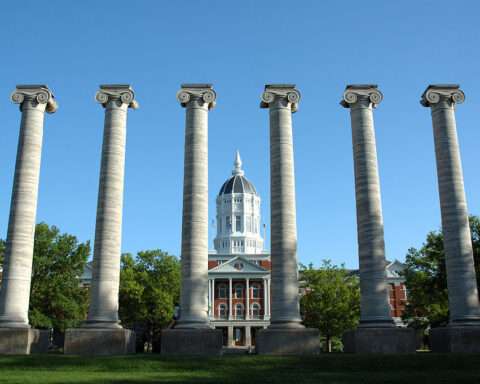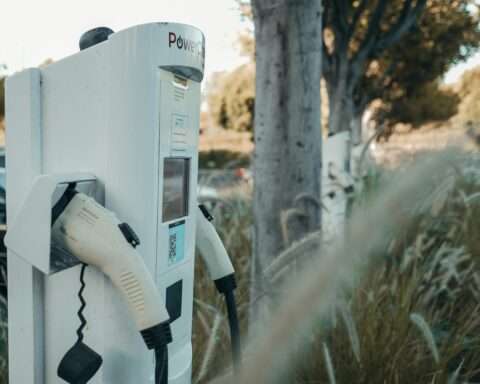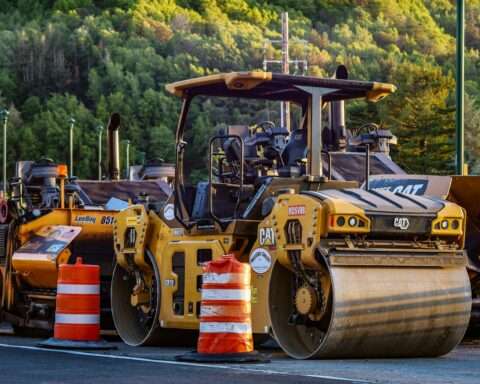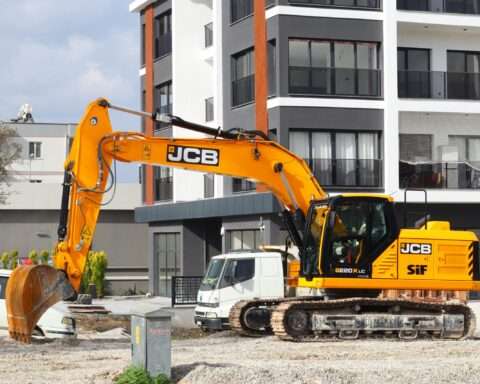Less than two weeks before the deadline for all states and territories to submit plans for nationwide high-speed internet, the first state reached the final hurdle to receive federal funding under the Broadband Equity, Access and Deployment (BEAD) program.
The National Telecommunications and Information Administration (NTIA) announced Dec. 15 that it had approved the initial proposal for Louisiana’s Internet for All plan. The NTIA is overseeing the distribution of $42.45 billion from the Bipartisan Infrastructure Law to all 50 states, Washington, D.C, and five territories to deliver high-speed internet.
Funding amounts were released in June, and entities have been creating their initial proposals before they can receive the funds. All states must submit these initial proposals, broken into two volumes, to the NTIA by Dec. 27. As of Dec. 18, Louisiana is the only state to receive approval of both volumes.
“Louisianians should be thrilled that we have set the pace for the country in terms of execution and speed. The work we are doing will help all stakeholders leverage broadband as a physical asset, as a platform and as a powerful enabler of future economic growth,” said Veneeth Iyengar, executive director of ConnectLA, the state’s office in charge of administering funds for broadband expansion, in an update provided to Government Market News.
The BEAD progress dashboard shows the milestones for each state and territory. The dashboard was updated Dec. 15 to include two additional steps for incorporating feedback from the NTIA.
Two other states – Kansas and Virginia – have completed nine of the 10 phases, including having Volume I approved. Delaware, Nevada and Vermont have completed eight of the 10 phases and are awaiting approval of both volumes.
Five states have completed seven phases – Indiana, Michigan, Montana, Pennsylvania and West Virginia; all are waiting on approval of Volume I and need to incorporate NTIA feedback on Volume II.
These initial proposals will identify areas where residents need access to affordable broadband as well as at key community locations, such as schools, libraries and health centers. States also had to develop five-year plans for federal funding.
About one-third of all Louisiana residents need access to reliable high-speed internet. The BEAD program will provide over $1.35 billion for the state to connect all residents in serviceable locations to broadband, which is about 200,000 locations.
The state sought to not only be the first in the BEAD program to have its proposals approved but also as a model for other states. Iyengar wrote that one-third of Louisiana’s BEAD proposal has been incorporated into all the other initial proposals.
Highlights from Louisiana’s proposal include incentivizing building underground infrastructure for the last-mile connection of broadband due to the state’s geography and experience with natural disasters. The plan targets to have 90% of new networks built underground to connect homes, businesses and community anchor institutions.
ConnectLA also seeks to create redundant infrastructure to protect connectivity during natural disasters. This includes improving telecommunications systems access for homes but also for first responders.
The next steps for Louisiana include defining what locations need broadband service so providers can begin proposing projects. The state plans to have a competitive bid process that invites providers of all sizes to submit proposals for funding. Iyengar stated ConnectLA does not want to rely solely on fiber for widespread broadband to keep access affordable. In keeping with federal requirements, the state also will develop a low-cost service plan that would cost $30 per month for 100 Mb download/20 Mb upload speeds.
All news and information on this site is provided by the team at Strategic Partnerships, Inc. Check out this short 1-minute video that provides a quick overview of how we work with clients.












